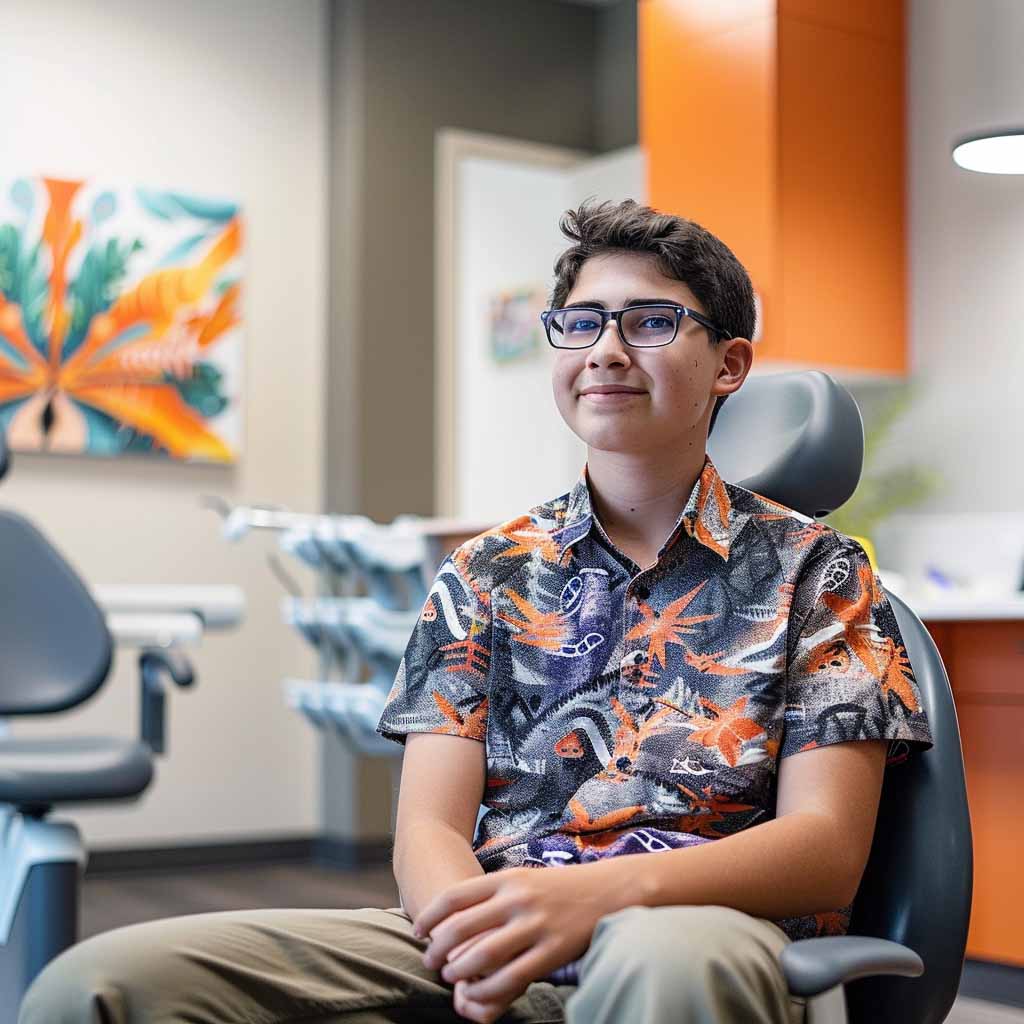At The Dental Anesthesia Center, our team is trained to work with individuals with autism, ensuring they receive the care they need in a comfortable and understanding environment.
At The Dental Anesthesia Center, we understand that autism can significantly impact various aspects of life, including oral health. Due to sensory sensitivities, communication barriers, and behavioral issues, individuals with autism may face unique challenges when it comes to maintaining good dental hygiene.

Sensory Sensitivities
Many individuals with autism are hypersensitive to sensory input. This can make the sensations of brushing and flossing overwhelming or uncomfortable. For example, the taste of toothpaste, the texture of a toothbrush, or the sound of an electric toothbrush can be distressing for some. This sensory overload can lead to resistance or avoidance of daily oral care routines.
Communication Barriers
Communication challenges are common in individuals with autism, which can complicate their dental care. They may have difficulty expressing discomfort or pain in their teeth or gums. This can lead to undiagnosed dental issues that only become apparent once they’ve developed into more severe conditions. Regular dental visits are crucial, as dental professionals trained in special needs dentistry can help identify problems early.
Behavioral Issues
Behavioral issues such as compulsive chewing or refusal to open the mouth can also present challenges in maintaining oral health. Some individuals may chew on non-food items that can damage their teeth or injure their gums. Others might resist oral health routines or struggle to stay still during dental examinations.
Dietary Preferences
Dietary preferences can also affect oral health. Some individuals with autism may prefer a limited diet that’s high in sugary foods and low in nutritional value, which can increase the risk of cavities and other dental problems. Encouraging a balanced diet can help improve oral health significantly.
Strategies for Caregivers and Dental Professionals
- Adaptation of Oral Hygiene Practices: If tastes are a problem, use flavored or non-flavored toothpaste that the individual prefers. Toothbrushes with softer bristles or different shapes may also be less distressing.
- Desensitization Techniques: Gradually introducing oral care activities can help reduce anxiety. This might involve showing the individual the tools that will be used, allowing them to touch and hold the tools, and practicing the motions of brushing without actual brushing initially.
- Visual Schedules and Stories: Creating a visual schedule that outlines each step of the oral care routine can help prepare them for what to expect. Social stories that explain why dental care is necessary can also help increase cooperation.
- Professional Support: Seek out dental professionals who specialize in special needs dentistry. At The Dental Anesthesia Center, our team is trained to work with individuals with autism, ensuring they receive the care they need in a comfortable and understanding environment.
- Regular Dental Visits: Maintain regular dental check-ups to catch and treat any dental issues early. Professional cleanings are also crucial, as they can remove plaque build-up that regular brushing might miss.
Understanding how autism affects oral health and adapting care strategies can make a significant difference in the well-being of individuals with autism. At The Dental Anesthesia Center, we are committed to providing compassionate and effective dental care tailored to individuals with special needs. By working together, caregivers and dental professionals can ensure each individual has access to the best oral health care possible.
